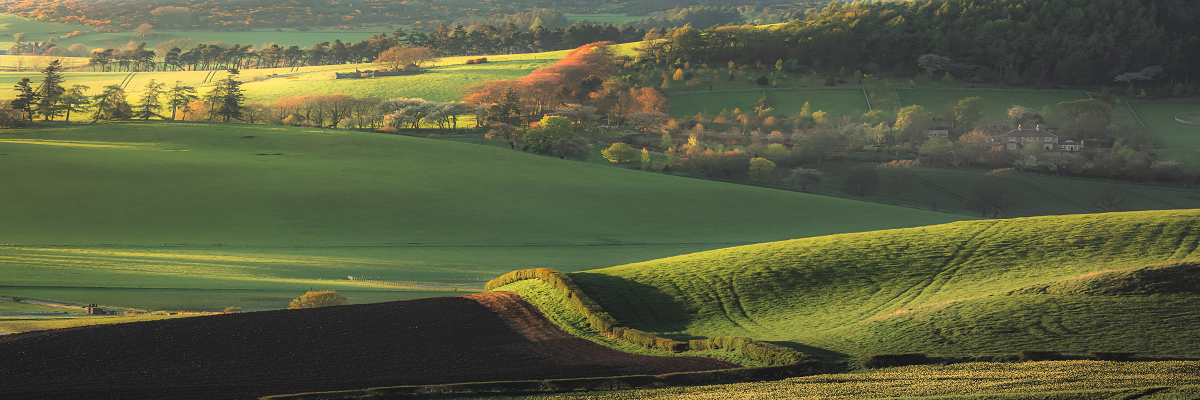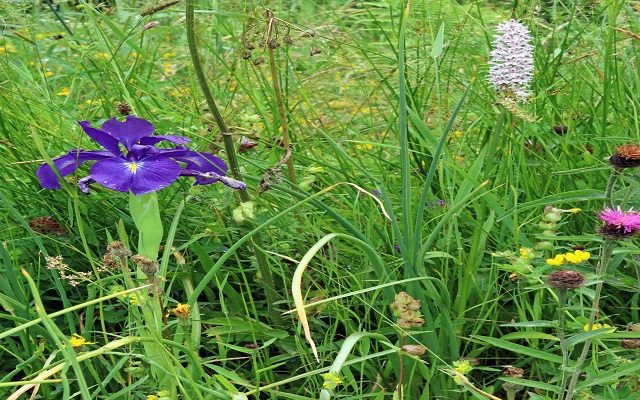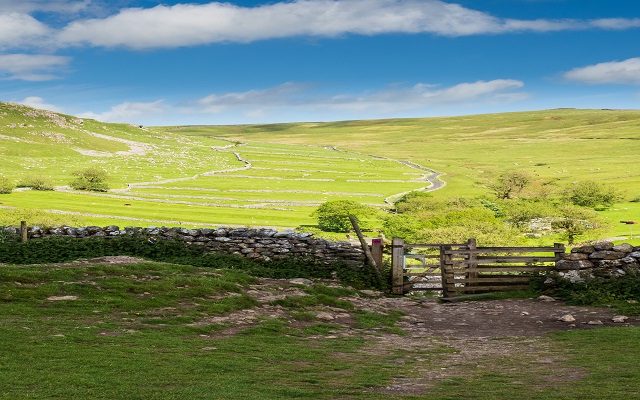Land Business Update | Week Commencing 19th February 2024
Farming
70% of Scottish farm support will be ‘direct’ payments under tiers 1 and 2
The Scottish Government confirmed how it intends to split the farm budget, with 70% spent on income support and payments for enhanced management, reiterating its commitment to its proposed four tier framework. However, it could not make any long-term commitment on the level of funding, which it says is due to the UK government being unable to provide a long-term budget.
- Tier 1 – income support base payment (called a direct payment) to support farming and food production. Conditional on meeting business efficiency and environmental standards.
- Tier 2 – enhanced payment (direct payment) to businesses that are ‘highly effective’ at reducing emissions and restoring nature. This will include the replacement for the Less Favoured Areas Support Scheme.
- Tier 3 – elective payment (indirect payment) for targeted actions on the environment, innovation and supply chains.
- Tier 4 – complementary support (indirect payment) which funds skills, advice, measurement tools, agricultural transformation fund, tree planting and peatland restoration.
The announcement has been welcomed by NFU Scotland, but it warned that schemes should be as easy to access as possible as currently some applications are being put off. The NFUS also called for political parties to match the Liberal Democrats’ commitment of an additional £1bn of spending on farm and environmental policy. If you would like to discuss this or the Agri-Environment Climate Scheme (see below), please contact Mary Munro, our head of farming in Scotland.
Agri-Environment Climate Scheme (AECS 2024) now open with new options (Scotland)
In addition, £4m is available to fund slurry storage and irrigation lagoons in order to improve water quality but this is the last year that funding is available for slurry stores.
Scottish farmland market – arable land values rise, but upland pasture prices fall
The average value of prime arable land on the east coast of Scotland is estimated to have increased to approximately £10,000/acre, compared with an estimated £9,500/acre in 2022. The average price paid for grass leys has remained stable at £4,000/acre. However, there was a noticeable shift in the prices being paid for farmland suitable for afforestation, from £5,500/acre in 2022 to around £3,500-£4,000, as forestry investors have become stricter with their investment criteria, although this is still a premium above traditional agricultural values. A total of 26,200 acres were launched on the open market in 2023, down 36% on 2022 levels but only 7% below the five-year average. Demand has remained good, with arable and mixed farms the most sought after. Farmers continue to be the main buyers of farmland, which contrasts with England where non-farmers accounted for more sales than farmers in 2023. Please read our Scottish Farmland Review and contact Douglas Orr, one of our Scottish farm agents, if you would like to discuss a sale or purchase or the market.
Horticulture Strategy rejected again
The government has restated that it will not publish a strategy for the sector, despite stating that it would in its own Food Strategy and being urged to do so by the House of Lords Horticultural Sector Committee. The UK produces 55% of vegetables and less than 20% of fruit that is consumed in the countries. The proportions of vegetables and fruits that we do grow are falling (for most vegetables and for pears, plums, strawberries and raspberries, based on three- vs 10-year averages).
Cereal companion crops can reduce flea beetle damage in oilseed rape
Cereal volunteers or using a straw mulch showed the strongest reduction in damage by adult beetles compared with a range of companion crops, according to trials by Rothamsted Research. Differences in infestation by larvae were also observed between companion crops but were not consistent. The researchers said that the results show that there are some easy-to-adopt control techniques but that more research is needed to specify the best agronomical practices.
Environment
UK ‘quietly’ diverging its environmental laws from the EU’s, says IEEP
Analysis by the Institute for European Environmental Policy (IEEP), which has been tracking changes in environmental law since Brexit, has identified seven major policy areas where the UK has diverged and weakened its environmental protections. They include:
- Dozens of chemicals, and 36 pesticides, banned in the EU are still available for use in the UK.
- Payments to support the transition to a greener economy are being made in the EU but not in the UK.
- Air pollution laws will be removed under the retained EU law bill.
- The UK introducing carbon pricing on some emissions before the UK.
The IEEP also identified a further 10 policy areas where divergence is also happening, including sewage pollution in rivers and seas, ‘forever chemicals’ and reducing emissions from intensive farming. It said that there is an increasing trend towards the EU improving environmental laws and the UK not.
Forestry
Eight-toothed spruce bark beetle – Inspection of spruce anywhere in GB important due to increased risk
An updated map showing the confirmed outbreak sites of the eight-toothed spruce bark beetle (Ips typographus) in southern England has been published. There is, at present, no evidence of the beetle dispersing from outbreak sites. However, damage to spruce trees from storms has significantly increased the chances of the beetle becoming established in the spring and summer. Therefore, the Forestry Commission continues to recommend that sites with spruce are inspected and that any damaged or weakened trees, with snapped stems down to 8cm diameter being a key target, are removed and destroyed where possible.
Property and rural economy
Government promises to introduce no-fault evictions before the election
It said it would invest in the court system so that any claims by tenants and landlords could be dealt with quickly. The proposals are part of the Renters’ Reform Bill and were a 2019 manifesto commitment. The government is also making further changes to permitted development on the conversion of commercial properties to residential use. Class MA has been amended so that the limit on floorspace that can change use has been removed.
Rural dentistry to get boost but plan criticised as too little
The government has said that it will invest £200m to pay for dentists to visit rural areas in mobile vans (about 12 of them). It is part of a wider plan that includes a national water fluoridation programme and increasing payments for dentists doing NHS work. However, the British Dental Association said the recovery plan is ‘not worthy of the title’ and will not halt the drop in numbers of NHS dentists or significantly improve access to care. The Nuffield Trust, a health think tank, said similar.
The Social and Economic Impacts of Green Land Investment in Rural Scotland
This research, commissioned by the Scottish Government, concluded that farmers and estate employees are the most affected. A negative impact in the case studies was the perceived lack of community involvement in land-use decision-making.






